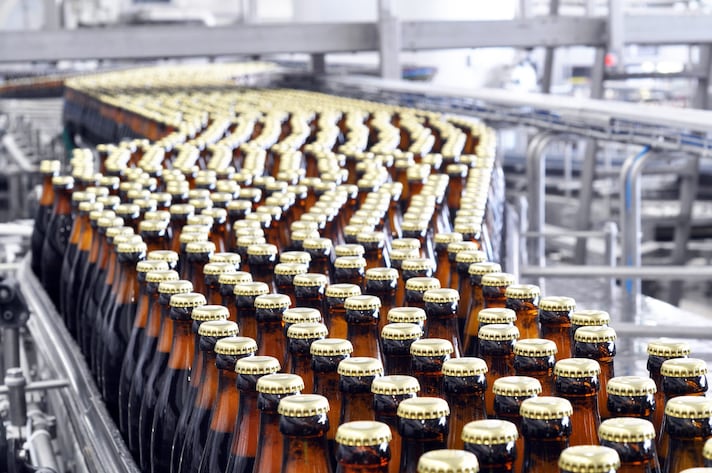
A significant breakthrough for the world of beer comes from research by the National Research Council (CNR). A team from the CNR Institute for Bioeconomy in Florence (CNR-IBE) has developed an innovative process that promises to revolutionize the production of beer wort, making it faster and more environmentally sustainable. The study, published in the journal Beverages, introduces the use of hydrodynamic cavitation, a technique that allows for the production of beer wort ready for fermentation without the traditional boiling stage. This not only speeds up the process but also preserves the chemical and organoleptic characteristics of the beverage.
Eliminate Boiling to Save the Planet and Reduce Cooking Times
"Hydrodynamic cavitation allows us to heat the wort to 94 degrees, unlike traditional brewing methods, which require boiling at 100 degrees for 90 minutes," explains Francesco Meneguzzo, senior researcher at CNR-IBE and coordinator of the study. This new process has many advantages. First, it reduces time and energy consumption by over 80%, a significant achievement in an era where sustainability is paramount. Furthermore, hydrodynamic cavitation is effective in eliminating the precursor dimethyl sulfide, a compound responsible for unpleasant odors and flavors in beer. "Through this method, dimethyl sulfide is immediately expelled from the beer wort, and at the end of the process, the hop bitterness is transferred to the wort, changing its color. Only through hydrodynamic cavitation, which concentrates a large amount of energy, was it possible to achieve these results," emphasizes Meneguzzo.

"From the very beginning, 10 years ago, we have enthusiastically supported the development of research related to this patent, and the results achieved prove us right. The possibility of using only electrical energy, potentially generated from renewable sources, represents a turning point and a concrete boost to the decarbonization of one of the most energy-intensive food sectors," says Maria Carmela Basile, head of the Research Enhancement Unit at the CNR, the body that manages and protects the institution's intellectual property. This discovery opens up new perspectives for the brewing industry, offering a more efficient and environmentally friendly alternative. The ability to reduce production times and energy consumption, combined with the possibility of obtaining a high-quality wort, makes hydrodynamic cavitation a promising technology for the future of beer.
;Resize,width=767;)
